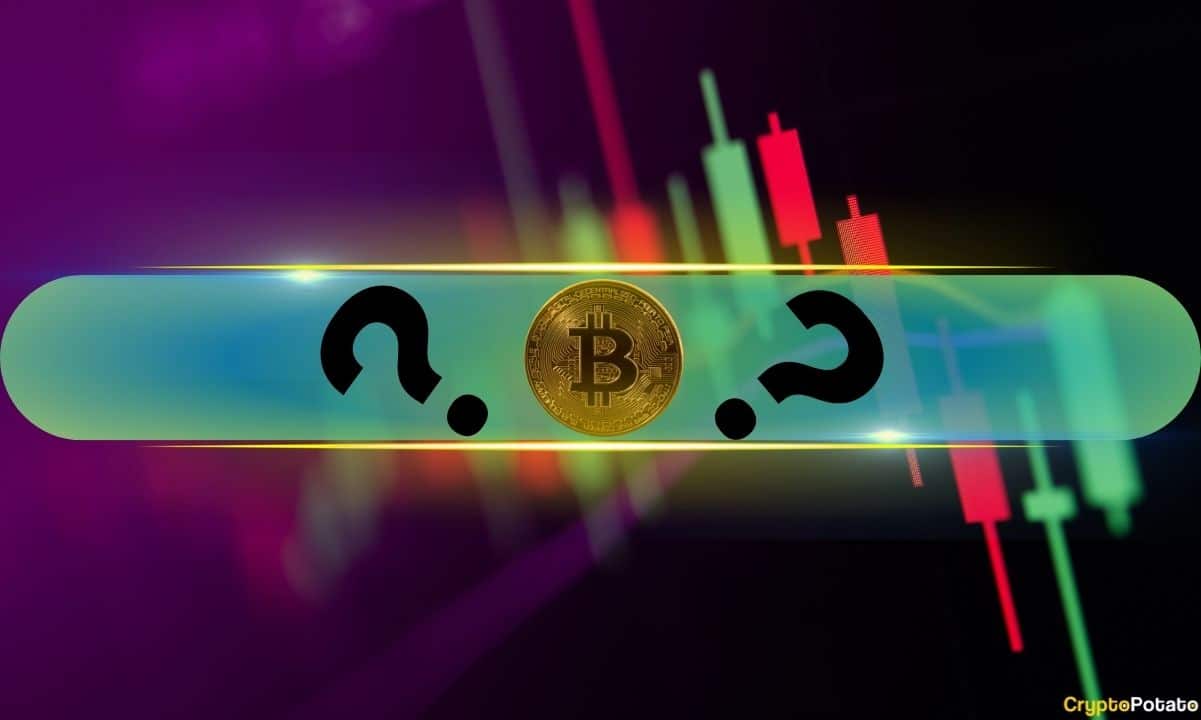Opinion: Authorities Clamping Down on Telegram and Libra Could be Negative For Bitcoin
Authorities are waking up to cryptocurrencies. In the past month alone, we have seen a couple of very serious actions taken against major projects in the field. Facebook’s Libra, Block.one’s EOS, Telegram, Kik, and more saw challenges from lawmakers and regulators across the board. A lot of people, especially those who felt like Telegram was a scam and that Libra was a “centralized Bitcoin”, embraced the news somewhat. Amid this regulatory chaos, however, it’s undoubtedly important to take some time and think about what all of this means for Bitcoin, being the major cryptocurrency and the one that has so far managed to stand the test of time and markets.
A Quick Review of What Happened
First things first: let’s have a look at what has actually happened in the past few weeks.
Let’s start with Facebook’s Libra, as it’s undoubtedly among the most heavily discussed and anticipated events in the cryptocurrency field. Last month, two of the EU’s most prominent member states, France and Germany, agreed to block the project on the grounds that “no private entity can claim monetary power, which is inherent to the sovereignty of nations.” Shortly afterward, David Marcus, head of the project, said that Libra was not actually planning to create new money. Regardless, things went south from there, as PayPal left the Libra Association, followed by eBay, Stripe, Visa, and MasterCard. This led many to deem the project essentially dead. We’ve yet to see how things will develop.
We also saw serious actions taken by the US Securities and Exchange Commission. As CryptoPotato reported, Block.one, the creator of EOS, which managed to raise upwards of $4 billion in its ICO, was fined $24 million for conducting an unregistered public offering.
Just a few days ago, the SEC also halted the token sale of Telegram’s TON cryptocurrency. Its reasoning was that the sale was unregistered and failed to comply with regulations.
All of this happened in a time span of less than a month. Given that authorities across the globe have been largely inactive so far, it definitely seems like lawmakers and enforcers are starting to wake up. And it also appears that the above news was embraced positively by quite a lot of people.
But what does it mean for Bitcoin?
This Could Spell Trouble For Bitcoin as Well
Before jumping into this, it’s important to note that it would be nearly impossible for authorities to de-facto shut Bitcoin down. Obviously, the network’s distributed nature would make this challenging at best.
However, there’s plenty that authorities could do to greatly impact Bitcoin. The regular person who’s not aware of its decentralized nature doesn’t really care that he or she can obtain Bitcoin despite a hypothetical ban. For the average Joe, the authorities saying that Bitcoin is banned and that he can’t trade it is more than enough.
Now, regulators clamping down on major cryptocurrency projects is definitely a signal. While some, such as the U.S. SEC, are justifying their efforts using terms like “investor protection,” others such as France and Germany are being a lot more direct (“No private entity can claim monetary power…”).
Bitcoin is not a private entity, and it’s equity-based, meaning that anyone can own the cryptocurrency and it doesn’t belong to any centralized authority. The network is self-sovereign and it functions on its own. However, it does pose a threat to traditional financial systems. After all, one of its main purposes is to eliminate the middle man.
Should Bitcoin be adopted on a large scale, people would transact directly, peer-to-peer, without having to rely on banks, or any other authority for that matter.
Consequently, regulators’ words do resonate, and should at the very least make us think.
At the same time, it’s entirely possible and within the government’s reach to start focusing on large cryptocurrency organizations and exchanges, including Binance, Kraken, Huobi, Gemini, and Coinbase. This would certainly cause, if nothing else, turmoil for retail investors. And it’s important to understand that it’s the retail investor who needs to see the merits of Bitcoin and start using it in order for the cryptocurrency to truly lift off.
It’s also not entirely out of the question that governments could potentially target bitcoin developers. It’s perhaps not a coincidence that Satoshi Nakamoto, the inventor of the cryptocurrency, chose to remain anonymous.
Should any of these events take place, even if Bitcoin were not flat-out banned, it could definitely cause a massive crash in its value.
There’s Also a Bright Side For Bitcoin
On the other hand, despite the recent clampdown, Bitcoin was seemingly left out of it all.
It’s also worth noting that if regulators wanted to issue a flat-out ban on Bitcoin trading, they could have done so already, especially in the US and Europe. We saw that it was possible in China.
However, Bitcoin markets in those regions remain widely accessible. Regulations are currently aimed at establishing proper KYC and AML frameworks which stem mostly from the fact that legislators hold that cryptocurrencies could be used for illicit activities.
At the same time, as much as most people don’t want to admit it, Bitcoin, in its current shape and form, could hardly be fit to be used as a mainstream currency. The network on its own wouldn’t be able to handle the influx of transactions, and even though there are solutions such as the Lightning Network which attempt to change this, they are probably a long way away. Nevertheless, developments such as the LN are definitely a much-needed step toward improved scalability.
It remains questionable whether authorities will indeed act against Bitcoin, especially if it becomes fit for everyday usage.
- In any case, events such as the ones we described above, especially when they come from highly-authoritative institutions, shouldn’t be disregarded, as they may be precursors for what’s to come.
The post Opinion: Authorities Clamping Down on Telegram and Libra Could be Negative For Bitcoin appeared first on CryptoPotato.









